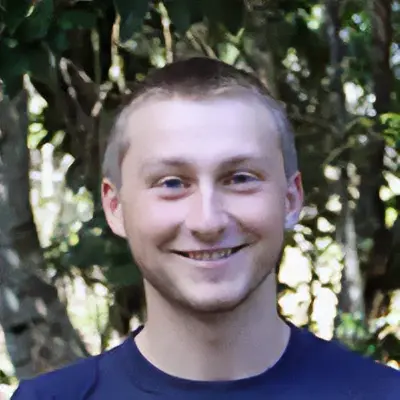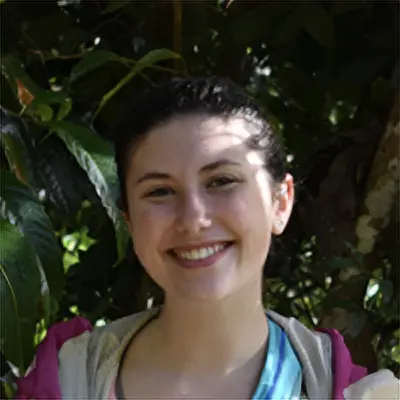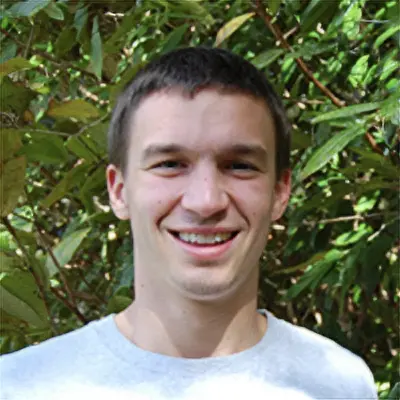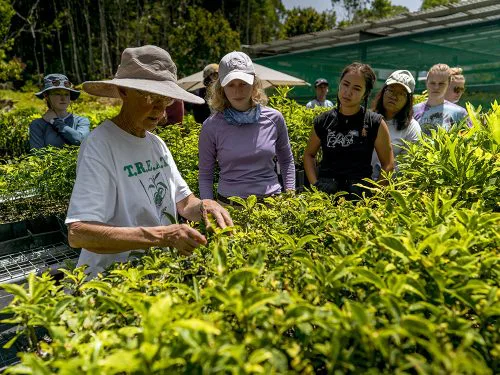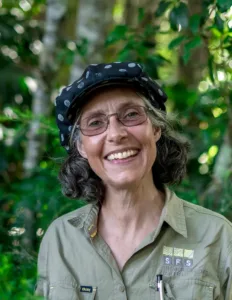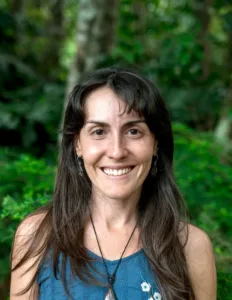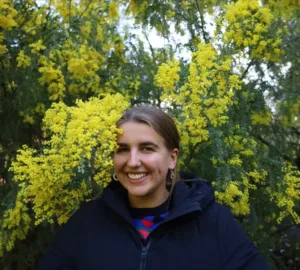Australia
Study Abroad in Australia
Have you ever wanted to live in a cabin surrounded by lush tropical rainforests, fall asleep to the chirping of crickets, and awaken to the morning songs of birds?
Are you ready to walk beneath a canopy of giant tropical conifers and towering fig trees, sample exotic tropical fruits right off the tree, wade in upland waterfalls, and snorkel with sea turtles on the world-famous Great Barrier Reef?
Whether you’re an experienced traveler or looking for your first trip to another country, studying abroad is an important component of your college career. Living abroad gives you the opportunity to explore new places and learn about different cultures, gaining important global perspectives, discovering new things about yourself, and building lifelong friendships.
Our programs in Australia take place in the country’s ancient rainforests, with excursions to the edge of the Outback and the Great Barrier Reef. Courses and fieldwork focus on key environmental issues faced here such as climate change, biodiversity conservation, and land use change. Research at our Australia Center focuses on the environmental threats that have caused rainforest fragmentation, species loss, and reef die-off, and we work with the Mandingalbay Yidinji Indigenous people and Tablelands communities on restoration and management projects to help Australia thrive in a time of ecological uncertainty.
Programs
Rainforest to Reef
See Program Costs
Program Costs
- Tuition
- Room & Board
- Total
Marsupials of Australia
See Program Costs
Program Costs
- Tuition
- Room & Board
- Total
Farming for the Future – Australia & Bali
See Program Costs
Program Costs
- Tuition
- Room & Board
- Total
Where You'll be Living
At the end of a narrow, winding path, surrounded by lush rainforest, lies this remote field station. Our 153-acre property is surrounded by protected World Heritage forests, and you can observe incredible wildlife from the front steps of your cabin. The nearby towns of Yungaburra, Atherton, and Cairns are just a short drive away.
- Group living in eight-person cabins
- Main building with classroom, lab, and study spaces
- Student lounge with scenic porch views and WiFi
- Covered outdoor dining area, on-site cook, and garden
- On-campus network of trails for rainforest hikes
- Outdoor spaces for volleyball, yoga, and hammocks
PRogram Costs
Study abroad is an investment in yourself – you’ll return home with new experiences, skills, knowledge, and friendships that will stay with you for the rest of your life. SFS program costs cover a variety of expenses, including:
- Pre-program advising and on-site orientation
- Tuition and research fees
- Housing at the field station and on excursions
- Daily meals and snacks
- Airport transfers (for arrival/departure)
- Field excursions and cultural activities
- Student success and wellness team on site
- 24/7 mental health and well-being support
- Emergency evacuation and repatriation insurance
- Official transcript processing
Financial Aid
We know cost can be one of the biggest barriers to studying abroad. At SFS, we’re committed to making our programs accessible to students which is why we award a generous amount in need-based financial aid each year. Our Admissions Team has worked with thousands of students and are here to answer your questions about the SFS aid process, aid available through your home school, and funding from external sources.
SFS Financial Aid: Need-based aid packages typically consist of a combination of scholarships, grants, and zero- and low-interest loans. SFS matches Federal Pell Grant funding for students applying to an SFS semester program.
Home School Aid: Be sure to ask your home school study abroad office or financial aid office what financial aid resources might be available to support your study abroad experience.
External Funding Opportunities: Organizations such as the Fund for Education Abroad or the Gilman International Scholarship Program award scholarships to students going abroad. These can be a great opportunity to reduce the cost of your program even more.
Research
At the end of a narrow, winding path, surrounded by lush rainforest, lies this remote field station. Our 153-acre property is surrounded by protected World Heritage forests, and you can observe incredible wildlife from the front steps of your cabin. The nearby towns of Yungaburra, Atherton, and Cairns are just a short drive away.
- Group living in eight-person cabins
- Main building with classroom, lab, and study spaces
- Student lounge with scenic porch views and WiFi
- Covered outdoor dining area, on-site cook, and garden
- On-campus network of trails for rainforest hikes
- Outdoor spaces for volleyball, yoga, and hammocks
Community
SFS is an active member of the Queensland community, where we have been based since the late 1980s.
We have built long-term, collaborative relationships in the communities around the Center, and developed our research plans based on the environmental issues they and the surrounding ecosystems face. Throughout the program, students assist in local restoration projects, host community dinners, attend festivals, and socialize with local conservation groups and at sporting competitions.
At the end of each semester program, we host a Community Research Night where select students will present their research findings to the community. SFS research data is shared with the community, local NGOs, and the Australian government.
